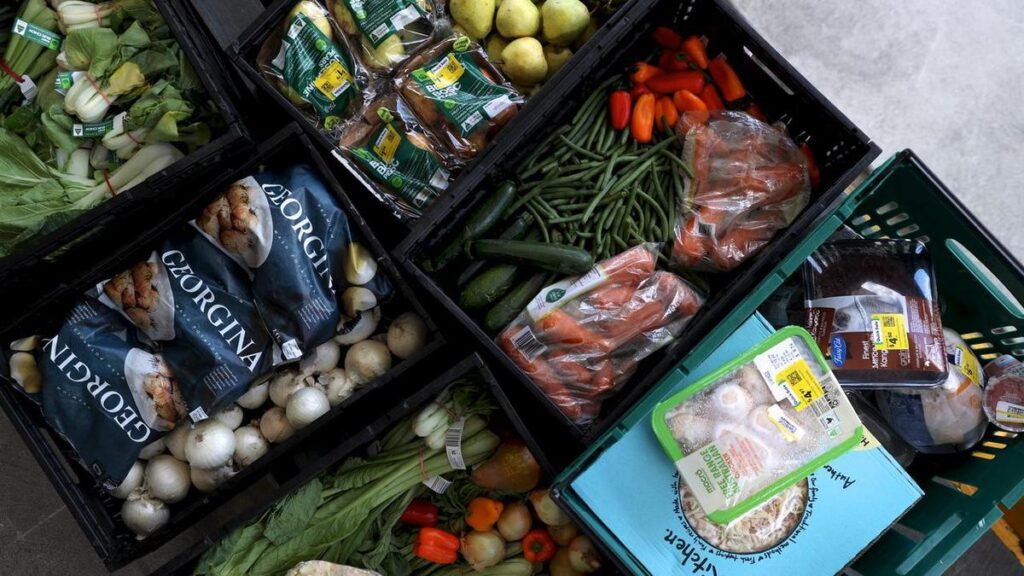
UPDATE: Young Australians are wasting a staggering $1,500 worth of food each year, according to a new report from OzHarvest, highlighting a growing crisis in household food waste. The urgent data reveals that adults under 35 are discarding an alarming 113 kilograms of food annually—70% more than their parents’ generation.
Ally Hunter, a 24-year-old advertising professional from Australia, emphasizes the importance of using what’s available before grocery shopping. “I look in and see what needs to be used, and then I base my meals around that,” she states. Hunter, who shares a home with three friends, says their busy lifestyles often lead to food waste, but they are actively trying to reduce it through meal prepping and creative cooking.
The recently published report, titled “Half Eaten: Australian Household Food Waste Research,” surveyed over 3,000 households and underscores a troubling trend among younger generations. Ronnie Kahn, founder of OzHarvest, expressed shock at the finding that Generation Z is now labeled the “waste generation.” “We seem to have lost the connection between what it takes to grow food and what it takes to bring food to the table,” she said.
The report reveals that nearly half of respondents regularly discard home-cooked meals, take-out food, and fresh produce, leading to annual losses exceeding $500. The most frequently thrown-away items include tomatoes, carrots, broccoli, and leafy greens, amounting to 152 kilograms wasted each year, costing households around $205.
Kahn urges consumers to take proactive steps to mitigate waste. “The best thing people can do is plan ahead, make a shopping list, and check their pantry before buying more food,” she advises. “We need to be reminded, we need to learn, and we need awareness around these practices.”
Confusion regarding best-before and use-by dates is also a significant concern, affecting 58% of high-wasting households. Kahn clarifies, “Used-by is about safety. Best-before is about quality.” She emphasizes the need for confidence in using senses to assess food freshness, a skill that seems to have diminished over the years.
The environmental impact of food waste is equally alarming, with over half of discarded food ending up in landfills, contributing to methane emissions and exacerbating climate change. As households grapple with the financial and environmental consequences of food waste, the urgency for action has never been greater.
What’s next? As the conversation on food waste continues to gain momentum, community initiatives and educational campaigns may emerge to foster greater awareness and responsibility. Young Australians are encouraged to take charge, not only for their wallets but also for the planet.
Stay tuned for updates on this pressing issue and how individuals can make a difference in their households and communities.






